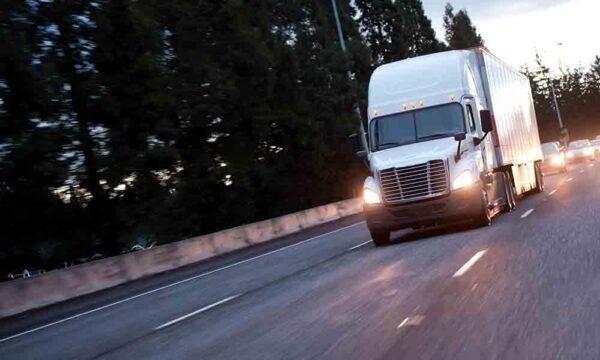
If you’ve been involved in a car accident, you know what an expensive and inconvenient experience it can be. This is especially true if the wreck includes a truck or commercial vehicle. A truck’s size, velocity and speed all have a significant impact on the severity of personal injuries and property damages that result from a trucking accident.
For establishing liability, determining fault in the collision will be imperative. These tips can help!
Following a collision, your safety is the most important factor to consider. Once you are officially out of harm’s way, you can begin to determine who is at fault for the accident.
Factors to Help Determine Fault
To prove you were not responsible for the trucking accident, you will need evidence to show the driver of the truck or commercial vehicle is at fault for the wreck.
Evidence can consist of any of the following:
- Photographs of the accident, including all vehicles involved, roads, traffic signs, or injuries sustained. If you can, document the entire scene.
- Eyewitness testimonies (at the scene, look around to see if any bystanders saw the accident unfold)
- A police report. It is vital to call the police after the accident, and make an official police report.
The evidence listed above may not prove fault beyond a reasonable doubt, but it can show that you are not responsible for the wreck.
Of course, there are other factors to take into consideration. For example, if a driver is speeding, they are more likely to be at fault if an accident occurs. When a rear-end collision takes place, the driver in the rear is generally (though not always) found liable for the wreck.
Understand Your Rights
You may disagree with the “fault ruling” of the accident. If you are determined liable for the wreck but disagree, knowing your rights can help you understand how to move forward.
Another factor to be aware of is the statute of limitations in the State of Georgia following a trucking accident. If you plan to file a claim, do so as soon as possible. Ultimately, you have two years to file a claim for personal injuries and four years to pursue legal action for property damage.
If you file a claim but the ruling does not go in your favor, you have the right to appeal that decision. During this time, you will be given an opportunity to present your case as well as any evidence that supports your notion that you were not responsible for the trucking accident.
Again, this is why evidence is a key component in filing a claim. The more proof you have that shows another driver was the real cause of the wreck, the better your chances are of having a successful case.
Speak With An Experienced Trucking Accident Attorney
If at any time you are unsure of your rights, or feel confused by the process of filing a claim, speak with a trucking accident attorney to discuss your options.
At Fried Goldberg, we have decades of combined legal experience, and dedicate more than 95 percent of our business to handling trucking accidents. We can be your advocates, and help you move on with your life.
Contact us today by calling 877-591-1801 for a no-cost, no-obligation consultation. We are here for you!
